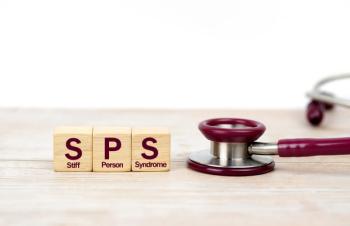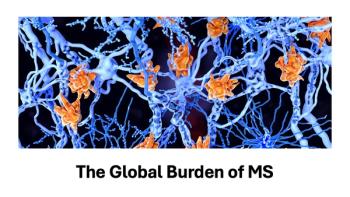
Food-Especially Gluten-Can Trigger Autoimmune Diseases
The food people eat and the toxins they are exposed to on a daily basis are two of the biggest contributors to the likelihood of developing an autoimmune disease, according to many health experts.
The food people eat and the toxins they are exposed to on a daily basis are two of the biggest contributors to the likelihood of developing an
“Every time we eat, we have the opportunity for food to either fuel disease or act as our most powerful medicine,” says Will Cole, IFMCP, DC, and author of Ketotarian: The (Mostly) Plant-Based Plan to Burn Fat, Boost Your Energy, Crush Your Cravings, and Calm Inflammation. “Making the right choices when it comes to food is crucial for avoiding triggering an autoimmune disease.”
Related article:
Toxin exposure has also been implicated in the rise of autoimmune conditions as the amount of toxins in our world has continued to increase. Making a switch to green products is a great way for someone to make a life cleanse, though often, other food choices can be just as important.
For example, celiac disease is an autoimmune disorder in which the body mistakenly reacts to gluten, a protein found in wheat, barley and rye, as if it were a poison. Andrea Tucker, health educator at
“When someone with celiac consumes gluten, the immune system reacts by destroying the part of the small intestine that absorbs vital nutrients,” she says. “This damage doesn’t occur with gluten sensitivity and requires annual monitoring for best outcomes. Strict dietary adherence, including vigilance for cross contamination, is necessary with celiac disease; celiac causes nutritional deficiencies and intestinal damage with glutening that haven’t been shown with sensitivities.”
But there’s a health implication if someone just goes gluten free without celiac testing. An individual must be consuming gluten to be diagnosed with celiac disease.
“Celiac disease requires annual celiac check appointments. Blood tests checking nutritional levels and other autoimmune diseases need annual monitoring,” Tucker says. “If someone has celiac, their siblings and first degree relatives should be tested every two years (or sooner if symptomatic).”
The best way to determine if someone has celiac vs. a sensitivity is through blood serology. Tucker explains that someone with celiac disease will be producing Tissue Transglutaminase Antibodies (tTG-IgA). If positive, a patient would be followed up with an intestinal (duodenal) biopsy to determine the extent of damage to the small intestine.
“It’s commonly thought that they treatment is the same for celiac and gluten sensitivity, but there are significant differences,” she says. “Both treatments include a gluten-free diet, but treatment differences are many.”
For instance, celiac is an autoimmune disease, so celiac patients will be followed for other autoimmune diseases as they cluster (especially thyroid and type 1 diabetes); there are tests that need to be run every year including antibody levels, hemoglobin, iron, folate, B12, zinc, vitamin D, and calcium; and since celiac disease is linked to osteoporosis and osteopenia, bone density testing (a DEXA scan), will be ordered.
“Celiac patients should have an annual appointment that monitors the nutritional and other tests mentioned above,” Tucker says. “Connecting with a dietician well-versed in celiac and the gluten-free diet can be helpful. There is also a huge psycho-social component to this disease so support is key.”
Related:
Knowledge is power when it comes to health and the best way for practitioners to get the word out to their patients is continuous education about the right choices when it comes to prevention and practical tools when it comes to food, supplements, and lifestyle choices.
“The more people are informed, they then take their education out into the world and word continues to spread,” Cole says. “Knowing the right triggers gives one power over their health. It gives them the ability to take control and make obtaining optimal health attainable.”
Keith Loria is an award-winning journalist who has been writing for major newspapers and magazines for close to 20 years.
Newsletter
Get the latest industry news, event updates, and more from Managed healthcare Executive.























